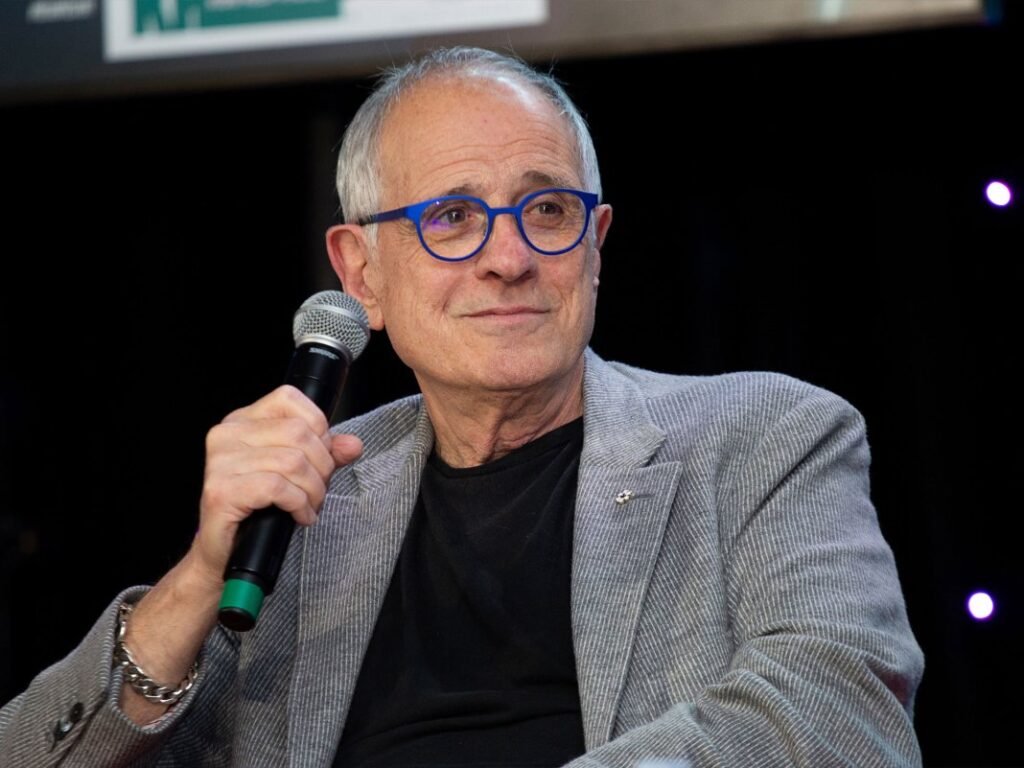Sure, being a producer takes a lot of technical know-how – but you also need to have a certain grasp of people skills, according to Bob Ezrin, whose credits include the likes of Kiss, Pink Floyd and Deep Purple.
In a new interview with CBC, the legendary producer discusses the many hats professional producers have to wear alongside the technical demands of the job.
“Most people don’t understand what I do for a living, but the role of producer is very similar to the role of director on a film,” Ezrin explains [via Ultimate Guitar].
“You’re dealing with extremely talented, often very high-strung or complicated people, and you’re trying to get the best performance out of them you possibly can, on every level, in terms of their writing, playing, singing, whatever.”
“So you have to deal with them as humans, as personalities. So there’s a component of, like, a psychologist to the role, and a confessor, protector, and all of that.”
Elsewhere in the interview, Bob Ezrin notes that many producers also have a big hand in artistic decision making including songwriting and arrangement.
He recalls his part in transforming the emotional sentiment of Beth, one of Kiss’s biggest songs.
“The story about Beth is that, politically, it was always important that the drummer gets at least one song,” Ezrin recalls.
“So, we went through a bunch of songs that Peter Criss had, and this was something that he had written with a friend of his, and it was called Beck, I think about a girl named Becky. It was a little more jaunty, a little less vulnerable. It was kind of like, ‘Screw you, me and the boys are going to go playing,’ and all this stuff.
“So, I said, ‘Do you mind if I take that home, and play with it a little bit?’ And on that piano right there, I sat down and and I slowed the song way down, and I started to play that figure, with a little bit of a walking bass. And suddenly, it was almost like a lullaby. It just became this gentle, sweet thing. And then I tweaked the lyrics, because didn’t want it to be about, ‘Screw you.’ I wanted it to be about the singer being actually the one who was hurt.”
Sam is the Associate News Editor for Guitar.com and MusicTech. Thoroughly immersed in music culture for the majority of his life, Sam has played guitar for 20 years, studied music technology and production at university, and also written for the likes of MusicRadar, Guitar World, Total Guitar and Metal Hammer.
Get the MusicTech newsletter
Get the latest news, reviews and tutorials to your inbox.

